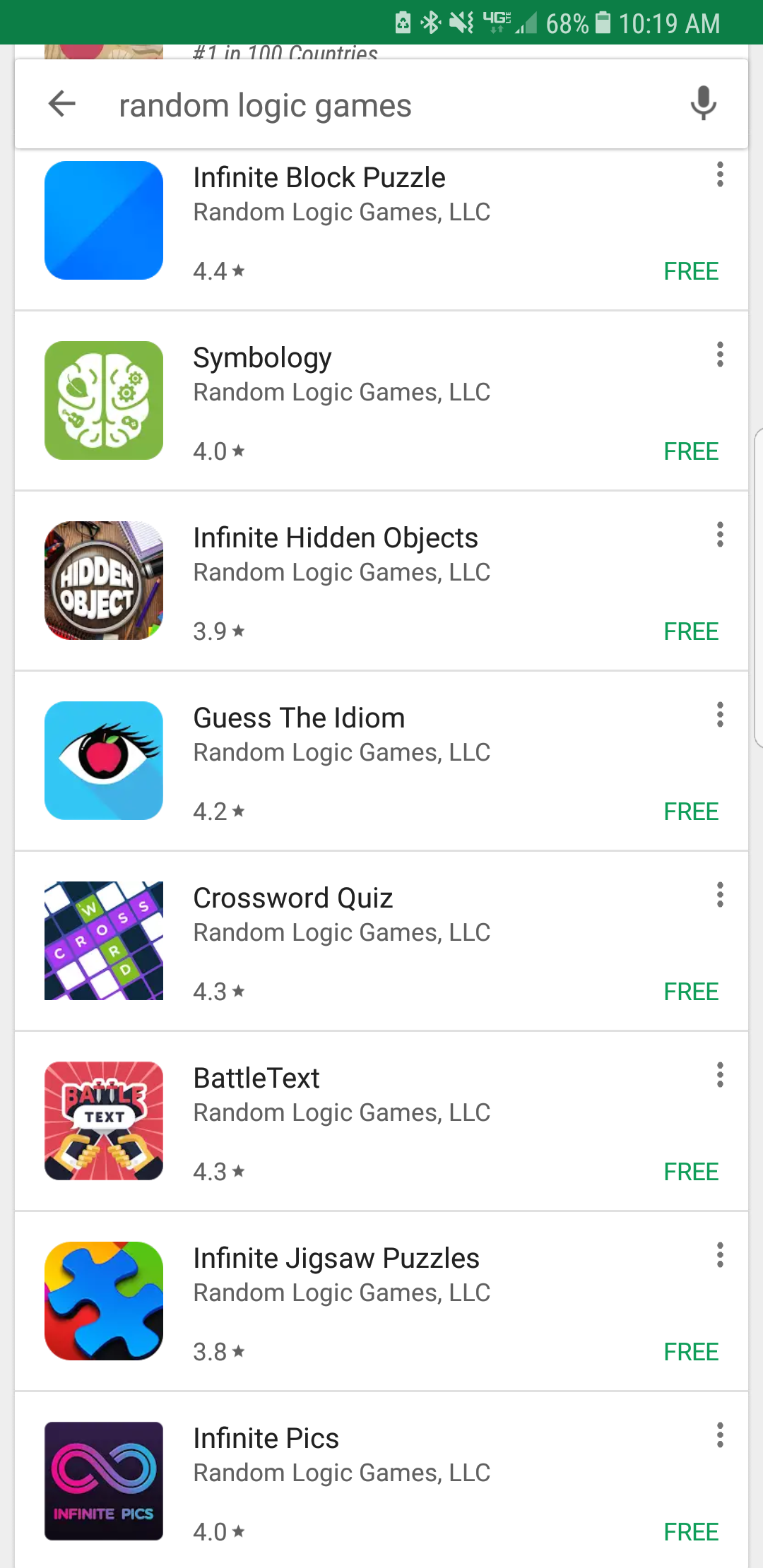
By: John Channell
Computer Science and Professional Writing seem like an incongruous pairing for a major and minor combination, but I promise it is not. There are many different applications where having this major and minor combo can be a great idea. This article will go over why I think it is a good idea to consider Computer Science and Professional Writing to be a strong pairing.
Why Choose Professional Writing?
There are many different paths that someone with a Computer Science degree needs. You can become a software engineer, database administrator, full-stack developer, cybersecurity analyst. In these situations, you may need a way to ensure that everyone who works with you can understand any changes that are made. For a full-stack developer or a software engineer, you might need to write instructions on how to use your new program or website. This is where the professional writing minor can be very beneficial.
At the same time, a career in database administration and cybersecurity analytics could require you to create an after-action report.
Whenever you make changes, your supervisor may ask what happened on the database or any security measures were added or changed. With a writing minor, you can be confident in your skills to respond with a professional memo.
What does Professional Writing teach you?
The Introduction to Professional Writing class teaches you how to compose professional documents. This includes memorandums, formal letters, and technical documents. The work done in class focuses on writing as a process. Students learn to research, design documents, and edit their writing to meet standards that could be issued by a future supervisor.
This class teaches you how to write in a way that most business will see as a standard. Memos are written differently than most other formal letters. Introduction to Professional Writing teaches you the standards of how to write memos and other formal letters, such as progress reports. Ultimately, writing created by a student who has taken this class will be more polished than someone who has not taken the class.


